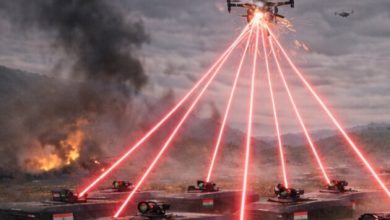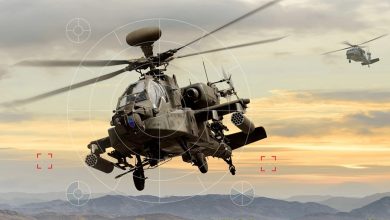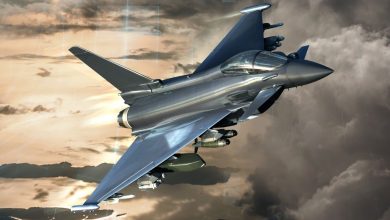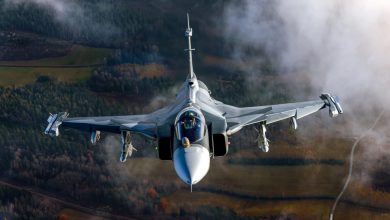Denmark orders Skyranger 30 air defense systems from Rheinmetall

The Danish Ministry of Defence Acquisition and Logistics Organisation has placed an order for the purchase of Skyranger 30 air defense modules.
As part of this order, Rheinmetall Air Defense signed a contract with the procurement agency for the production of 16 anti-aircraft modules.
The anti-aircraft modules will be installed on Piranha V armored personnel carriers, which are the main armored vehicles of the Danish Army, which will ensure greater interchangeability of spare parts and maintain combat readiness at a high level.

In addition to the main weapon, which is a KCE 30×173 mm gun with a range of about 3,000 meters and a rate of fire of 1,200 rounds per minute, the anti-aircraft system will receive missile weapons.
The Danish army is seeking to acquire an anti-aircraft module with Mistral launchers and missiles manufactured by the French company MBDA France.
This decision is primarily related to the missile’s technology, as well as the use of a photocontrast homing head that allows the missile to capture targets in the infrared spectrum, as well as through a built-in camera.
This solution, although more expensive, gives a higher probability of destroying drones such as Orlan-10 and others. In addition, the Mistral missiles will provide better cover and damage to airplanes and helicopters.
The delivery of the first four prototype anti-aircraft modules to Denmark is expected to be completed by the end of 2026, with the last 12 to be delivered in 2027 and 2028.
The Skyranger 30 is a combat module with a 30 mm Swiss Oerlikon KCA cannon with a rate of fire of 1200 rounds per minute. As an option, it can be equipped with a launcher for two FIM-92 Stinger or Mistral missiles.
The gun’s ammunition includes a wide range of ammunition, which also includes radio-fuzed shells. The ammunition consists of 252 30mm shells.
Additionally, the Skyranger 30 uses a multi-purpose AMMR radar operating in the S-band to detect small airborne targets. In total, the vehicle has five antennas that provide 360-degree coverage.
Earlier, Militarnyi reported that the Austrian Ministry of Defense had placed an order for new Skyranger 30 air defense systems.





